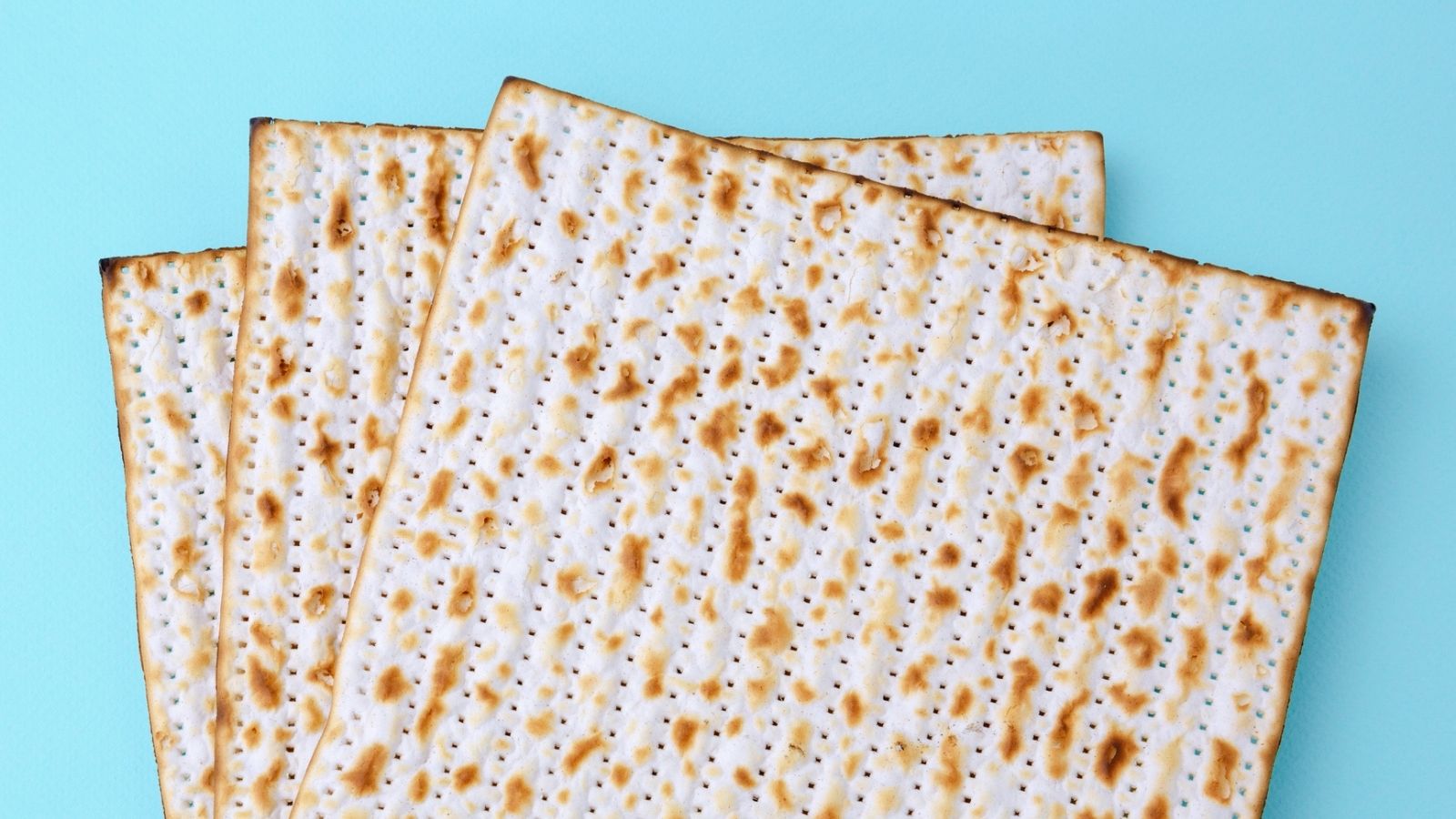Matzah is certainly not a new product to hit the supermarket. In fact, one could argue it is among the oldest, having been around since, well, biblical times. The flat, crunchy squares that appear on Passover tables across the globe symbolize the unleavened bread that Jews carried on their backs as they quickly fled Egypt.
While even boxed matzah has been available for about a century, it has been getting a major update over recent years to keep up with changing trends. Nearly half of consumers reported following specific dietary habits in 2020. To appeal to these new tastes and preferences, matzah manufacturers have expanded their offerings, and new brands have popped up on the market.
Technically, unleavened bread is only matzah if it meets certain criteria. However, the rules allow for more flexibility than you might think. Matzah must be made with only water and one of five grains (wheat, spelt, rye, oats or barley). Beyond this, other types of matzah that might not be strictly seder material are still suitable for the rest of your holiday week.
Whether you’re gluten-free, trying to eat cleaner or simply looking to add some variety to your Passover cream cheese sandwiches and pizza crusts, there’s a matzah out there for you. Here’s a roundup of the various matzah offerings you can find today.
The Nosher celebrates the traditions and recipes that have brought Jews together for centuries. Donate today to keep The Nosher's stories and recipes accessible to all.
Gluten-Free Matzah
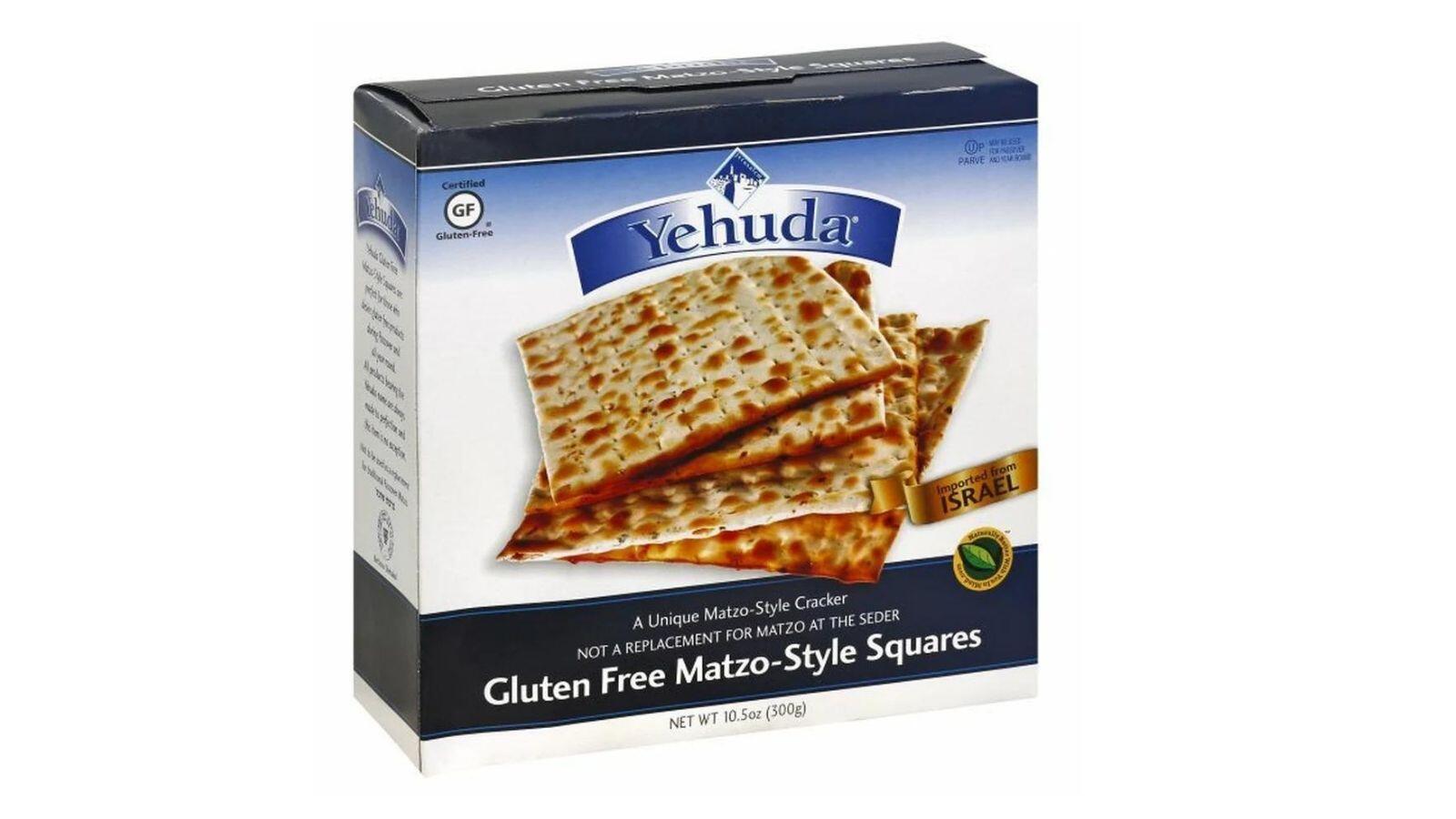
Gluten-free products have taken over a good portion of the matzah section, with regular and flavored options, such as everything, onion, and garlic & rosemary. Technically, these are “matzah-style squares” rather than matzah, as they are not made from grains. Instead, these squares are typically composed of potato and tapioca ingredients, giving them a thinner and crunchier texture, as well as a rich flavor from added eggs and honey. Gluten-free matzah is widely available, made by Manischewitz, Streit’s, and Yehuda, and also comes as matzah ball mix, matzah meal, farfel and cake meal.
Whole Wheat Matzah
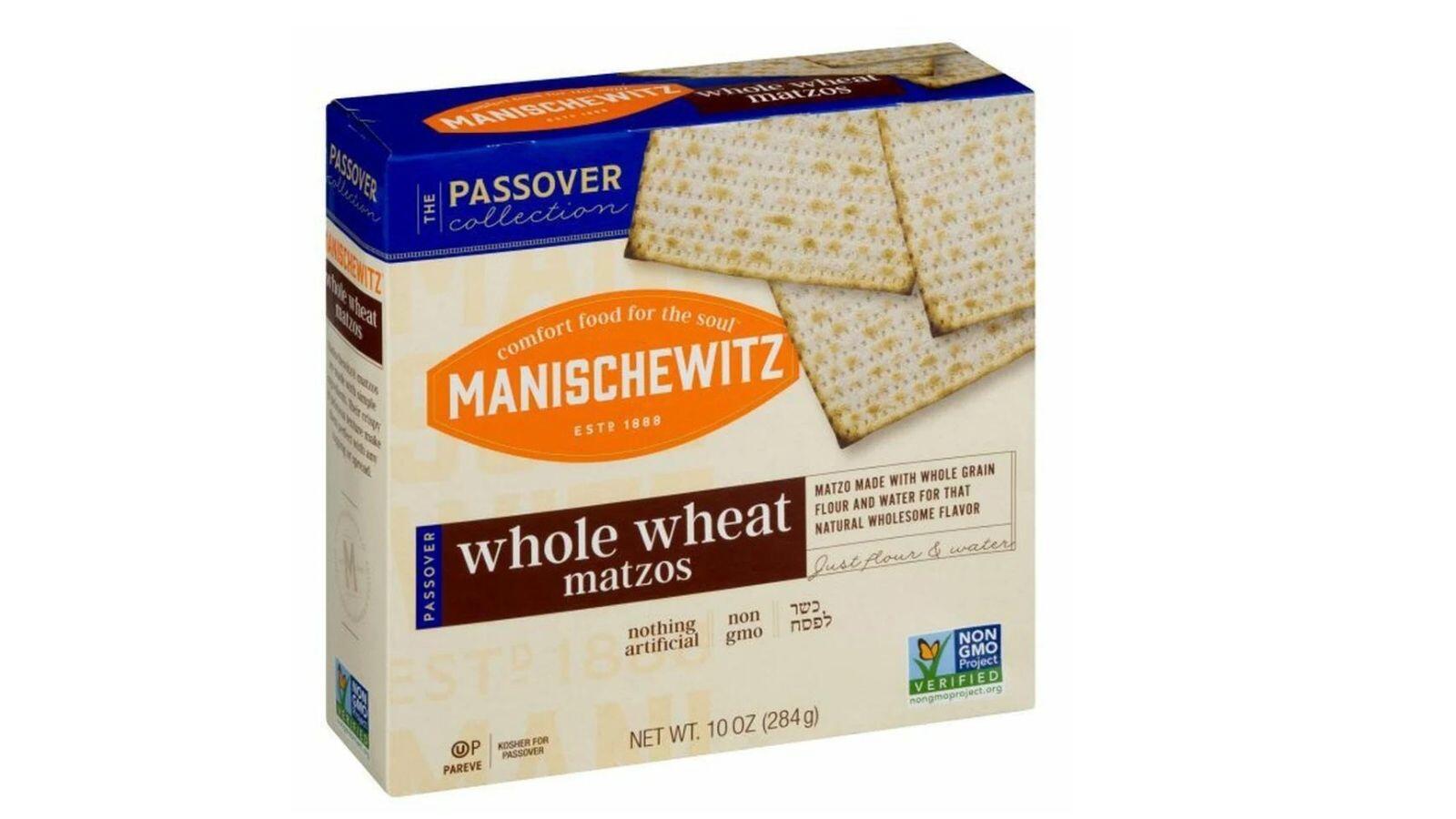
Whole wheat matzah contains the fiber and natural nutrients that are stripped from white flour, making it a healthier choice than the traditional version. A favorite in my house, the hearty texture and flavor holds up well as a base for matzah pizza. It also meets the requirements to be a true matzah, made with only whole wheat flour and water. Whole wheat matzah is easily accessible, offered by all three major brands, and is available at many grocery stores. Though less common, you can even find whole wheat matzah meal, farfel and matzah ball mix online.
Spelt Matzah
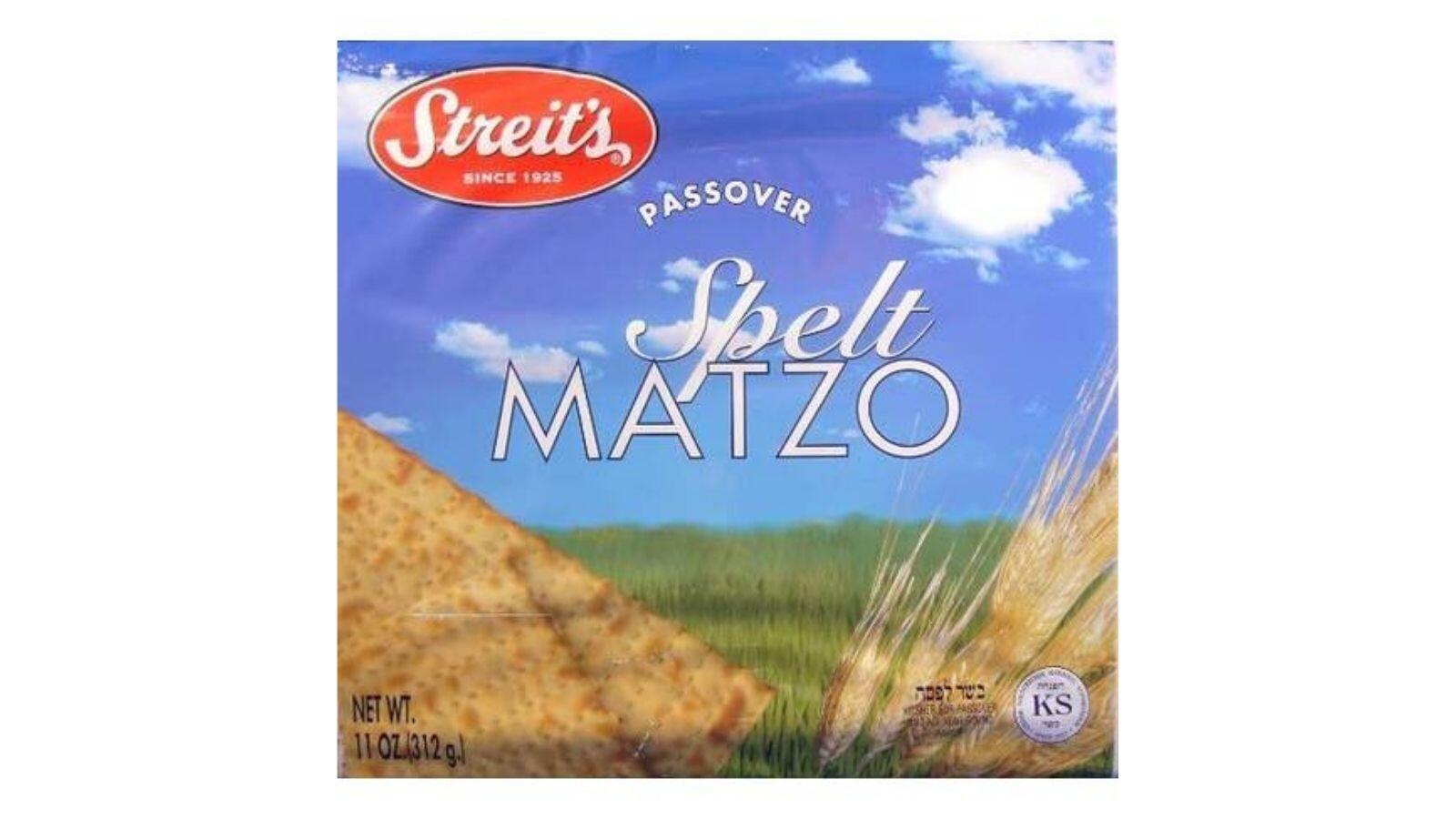
Sometimes called “Ancient Grain,” this matzah is made from spelt flour, a relative of wheat that touts some potential health benefits. Similar to whole wheat, it is higher in fiber and nutrients than white flour. While it does contain gluten, some people find spelt more digestible than wheat. Spelt bakes similarly to regular flour, creating a crunchy matzah cracker with a slightly nutty flavor. Another point for this variety: It’s made with only spelt flour and water, it is suitable for the seder. However, spelt matzah is harder to track down than whole wheat matzah, carried by few grocery stores. It is readily available online, though you may have to commit to a multi-pack.
Egg Matzah
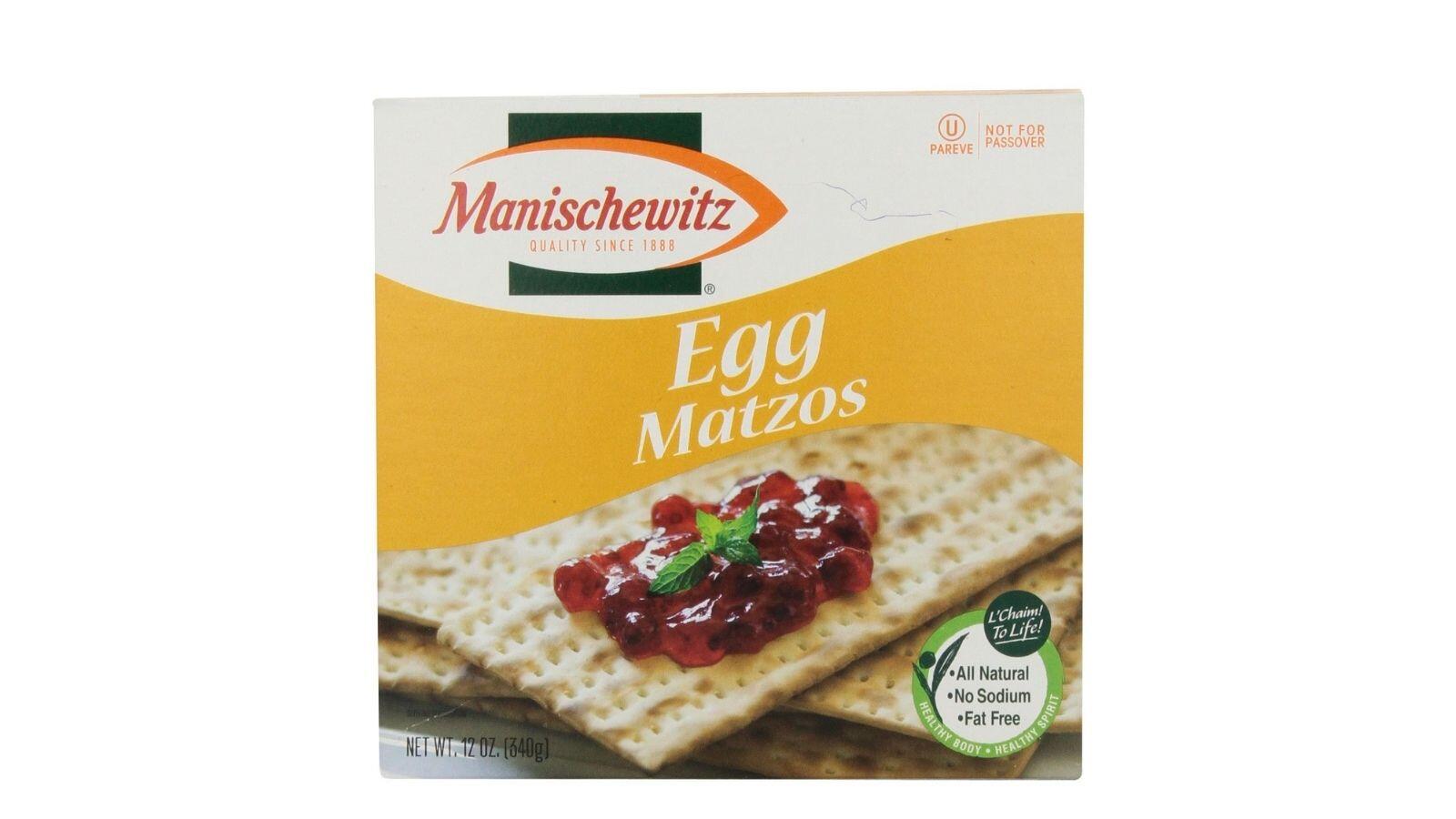
Egg matzah is old news and widely available, but deserves a yearly public service announcement for anyone complaining that matzah tastes like cardboard. Made with white flour, eggs, and apple or grape juice, these squares have a richer flavor and softer texture than traditional matzah. Egg matzah makes a particularly delicious base for sweet toppings, like butter and jam, as well as a kid-friendly lunchbox sandwich. However, there is some debate around its “matzah” status, as the flour is mixed with a liquid other than water. While Ashkenazi practice limits egg matzah to “the young, infirm, or aged,” Sephardim are encouraged to “consult your rabbi.”
New Twists on Regular Matzah
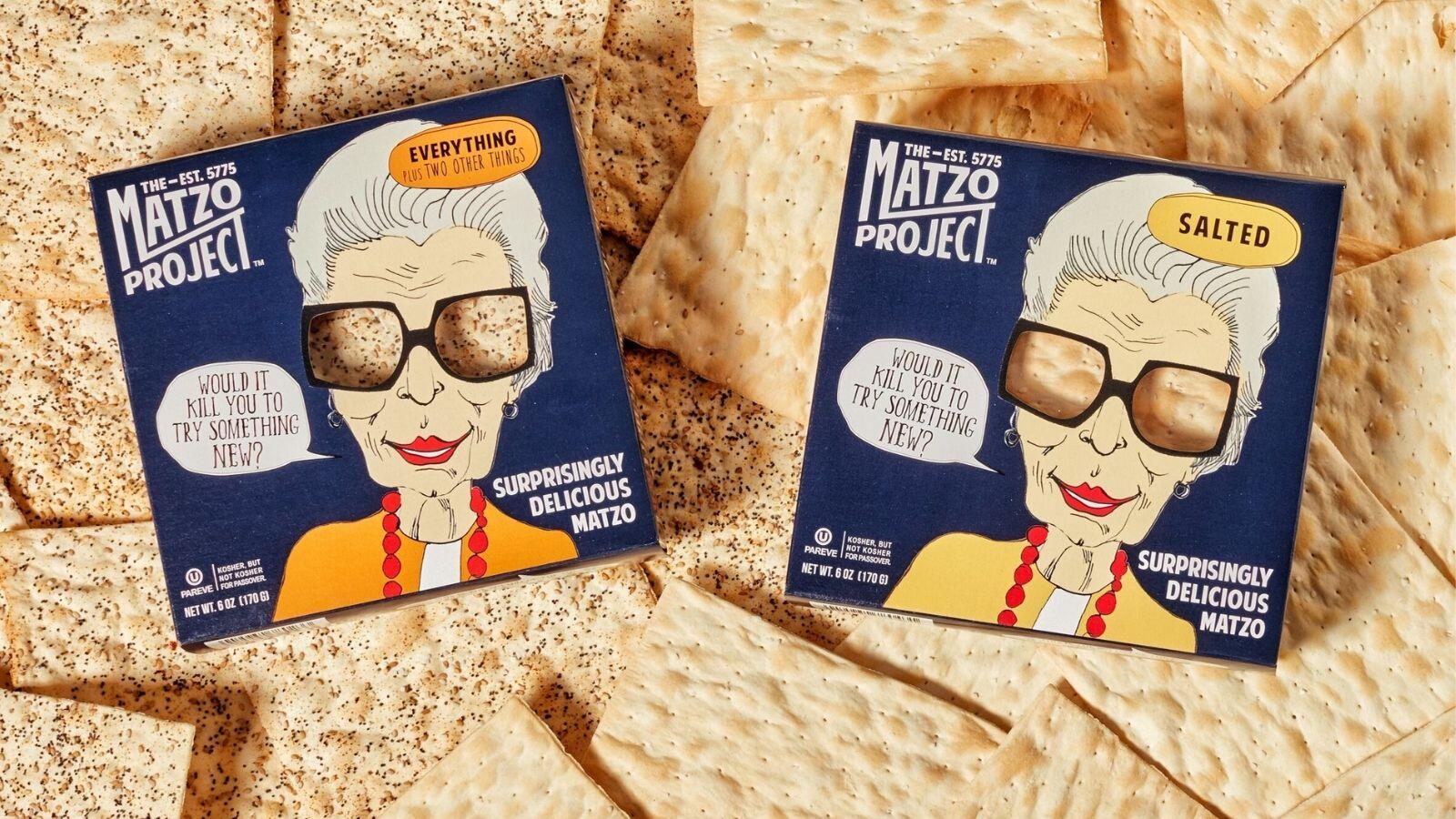
Even if you are sticking with regular matzah this year, there are new options to spice up your plate. Manischewitz offers a broad range, including chocolate-covered, salted, thin, and everything-flavored. One new company, the Matzoh Project, is bringing matzah out of the holiday section and into mainstream snacking with its modern branding and “surprisingly delicious” flats, flavored chips (including harissa and cinnamon sugar), and other matzah products. However, you may need to wait until after the holiday to give these a try, as they do not have kosher-for-Passover certification. Their products are available at some specialty stores, Whole Foods, and, of course, online.
